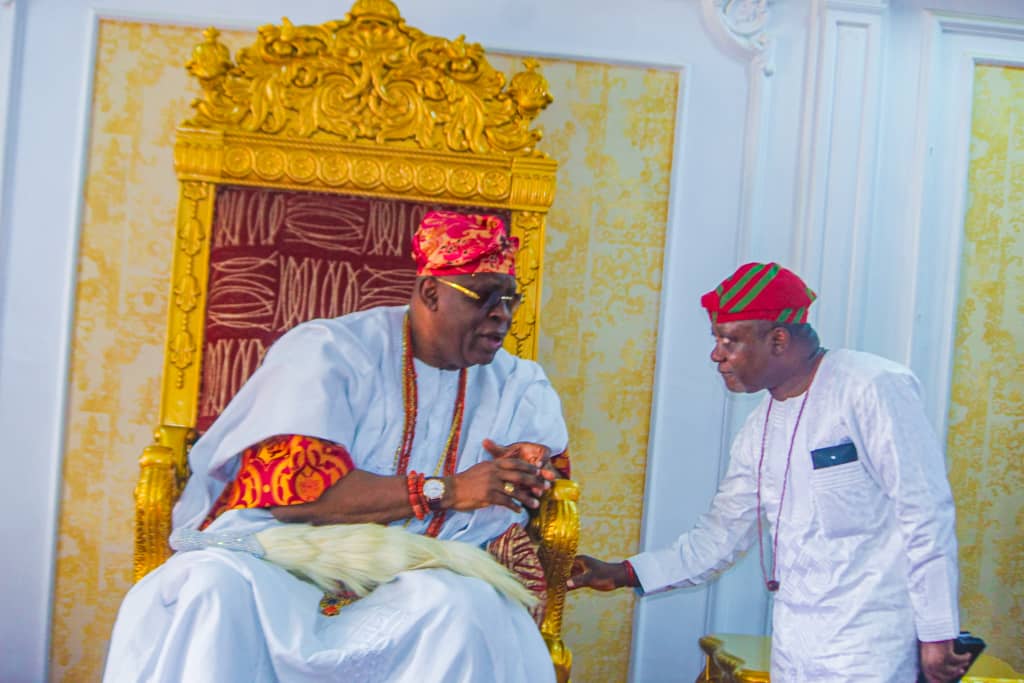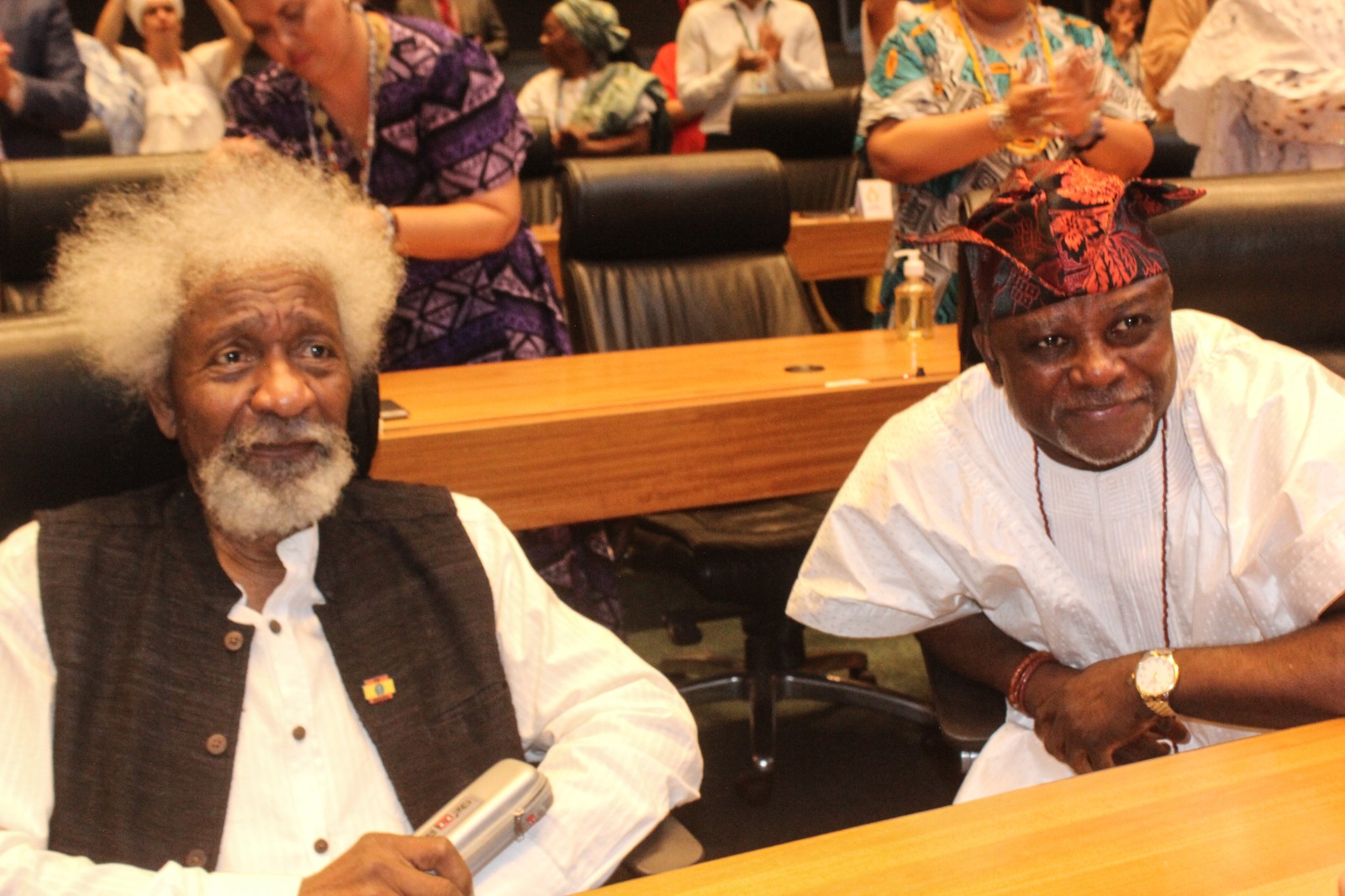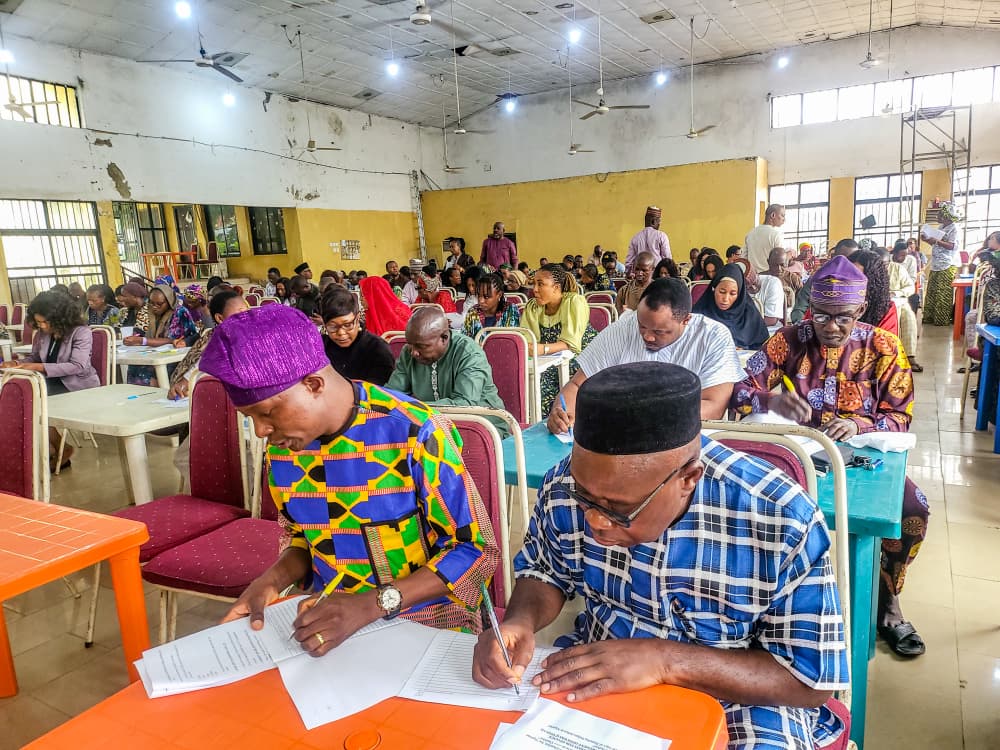 The Minister of Culture, Tourism and National Orientation, Alhaji Abubakar Sadiq Mohammed, has commended the National Commission for Museums and Monuments (NCMM), for its efforts in the cultural sensitization and exhibition of the 8000-year old Dufuna Canoe in Nigeria, just as the Commission announced that Nigerian exhibitions have continued to invoke positive responses across the world.
The Minister of Culture, Tourism and National Orientation, Alhaji Abubakar Sadiq Mohammed, has commended the National Commission for Museums and Monuments (NCMM), for its efforts in the cultural sensitization and exhibition of the 8000-year old Dufuna Canoe in Nigeria, just as the Commission announced that Nigerian exhibitions have continued to invoke positive responses across the world.
In his speech at the International Museum Day 2011, Alhaji Mohammed, who was represented by the Director of Tourism in the ministry, Mrs. Sola Olumeko, said such work of art made by our ancestors, will inspire young artists to learn and grow in their crafts.
The minister, who said the activities of NCMM are in line with the event’s theme, added that: “The museum has paved the way for the rediscovery and re-engineering hence helping to unlock memories and making museums the keys of memory. Our works of art reflect the unique talents and achievement for posterity.”
The Dufuna Canoe, found by a herdsman, Mallan Yau in Damagun, Fune Local Government Area, Yobe State, where he was digging a cistern to supply water to his cattle, is the oldest water craft in Africa and the third oldest in the world. When studies were carried out, it was dated 7,700+BP. The measure was 8.4 metre in length, 0.5cm wide and 5cm thick. The canoe, which is a masterpiece, has the merits of a classic art because both ends are pointed and meticulously carved.
 The DG, NCMM, Mallam Yusuf Abdallah Usman, who in his address disclosed that some Nigerian cultural objects in Europe have been repatriated, hinted that Nigerian exhibitions have continued to invoke positive response across the world in countries like South Africa, Australia, Algeria, Japan, and so on.
The DG, NCMM, Mallam Yusuf Abdallah Usman, who in his address disclosed that some Nigerian cultural objects in Europe have been repatriated, hinted that Nigerian exhibitions have continued to invoke positive response across the world in countries like South Africa, Australia, Algeria, Japan, and so on.
He explained that this was made possible through cooperation and collaboration of NCMM and other bodies: “Recently, the Commission has made deliberate efforts in promoting supportive relationships to build and strengthen capacities in preservation and exhibition and bilateral relationship between Nigerian museums and other institutions within and from other parts of the world through collaborations. Through international cooperation and understanding, we have been able to repatriate some of Nigeria’s cultural objects from Europe.”
It would be recalled that African art historians and scholars, as well as art curators, have lamented that Europeans called our art “primitive art.” And there was unjustified British aggression against Benin in 1897, and plundered of more than 4000 objects from the palace of the Oba of Benin. Less well-known is a similar punitive attack by the British in 1874 against Kumasi, Gold Coast (Ghana), where 6000 British soldiers ransacked the town and took everything in gold, which they could find.
The International Museum Day 2011, with the theme, “Museum and Memory,” took place on May 18, at the Community Hall, Cyprian Ekwensi Centre for Arts and Culture, Area 10, Garki, Abuja, with many personalities in attendance. They are the Director-General, National Commission for Museums and Monuments, Mallam Yusuf Abdallah Usman, Executive Secretary of the National Institute for Cultural Orientation (NICO), Dr. Barclays Foubiri Ayakoroma, directors in the ministry and cultural parastatals, top government functionaries, and stakeholders in culture sector.
NWAGBO NNENYELIKE
Corporate Affairs


